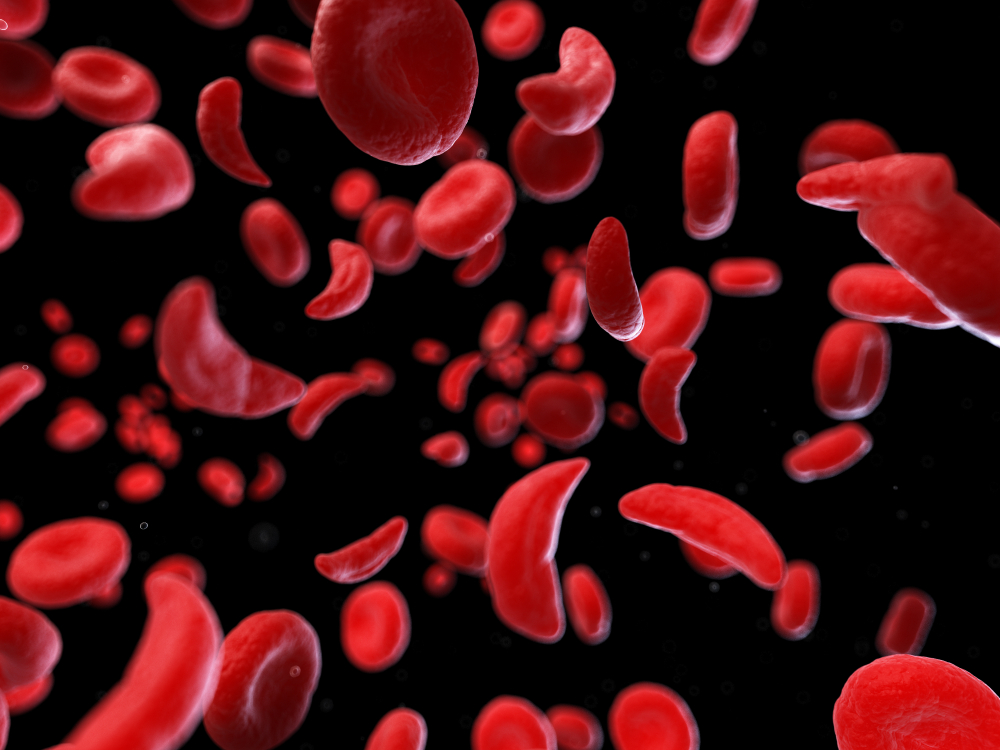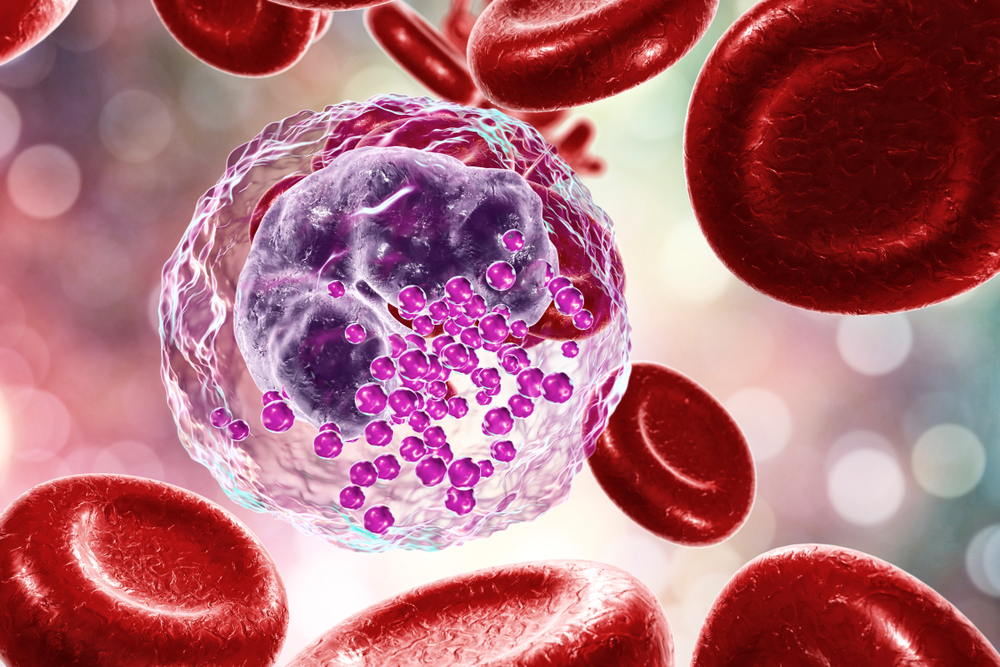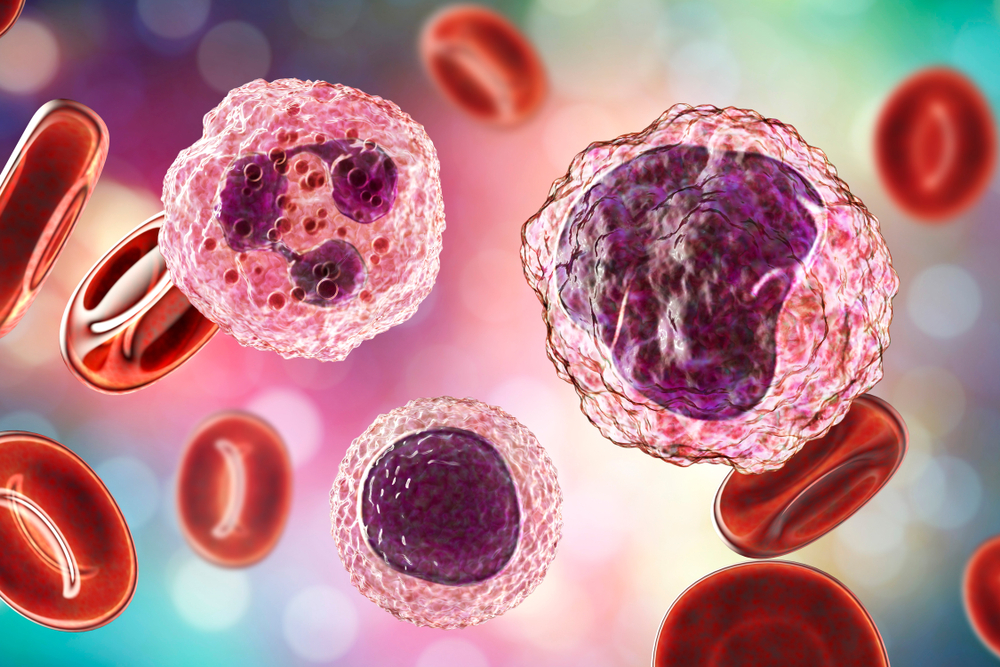Sickle cell anemia is an inherited disorder that affects more than 20 million people worldwide and has an average life expectancy of about 50 years. It causes red blood cells to sickle or form crescent-shaped cells.
The disease develops when a person has mutations in both hemoglobin genes. When someone has a mutation in only 1 hemoglobin gene, they are termed heterozygous and have a survival advantage against malaria, which is a mosquito-borne infectious disease.
Normal red blood cells have a lifespan of approximately 120 days in the bloodstream. However, sickled cells remain for only 10–20 days.
Sickle cell anemia deprives organs of blood and oxygen because blood flow is disrupted. This can lead to severe pain episodes in numerous parts of the body called pain crises. These can range in severity, last for any length of time, and start suddenly.
Complications such as stroke, pulmonary hypertension, blindness, and acute chest syndrome can be caused by sickle cell anemia.
The only approved therapy to treat sickle cell anemia is a bone marrow or stem cell transplant. These procedures have high risks and may lead to serious adverse effects such as death.
The Boom Health app allows you to manage your loved one’s home care in one app and takes the stress out of organizing care. Download the app on the App Store or Google Play Store.
This article is not intended to be a substitute for professional medical advice or diagnosis. Always seek the advice of your physician or another qualified health provider with any questions you may have regarding a medical condition.





